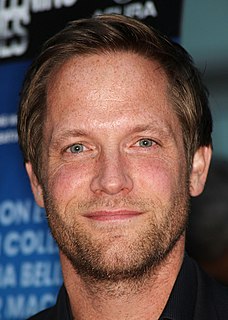A Quote by Twyla Tharp
There are very few critics who have historical context or authority.
Quote Topics
Related Quotes
When America installs a minimum income, it's going to be doing it in a very different historical context than Switzerland or Sweden or Germany, or any other country might do it. And we're doing it in a context where it has the potential, I think, for much better consequences than in those other countries.
The Bible is an ancient text from an ancient context. We live thousands of miles and thousands of years away from that context, which also represents different cultures. Archaeology is a modern means of revealing both the lost record of the ancient world, and the historical and social world of the Bible. While the purpose of archaeology is not to prove the historicity of the people and events recorded in Scripture, it can help immeasurably to confirm the historical reality and accuracy of the Bible and to demonstrate that faith has a factual foundation.






































